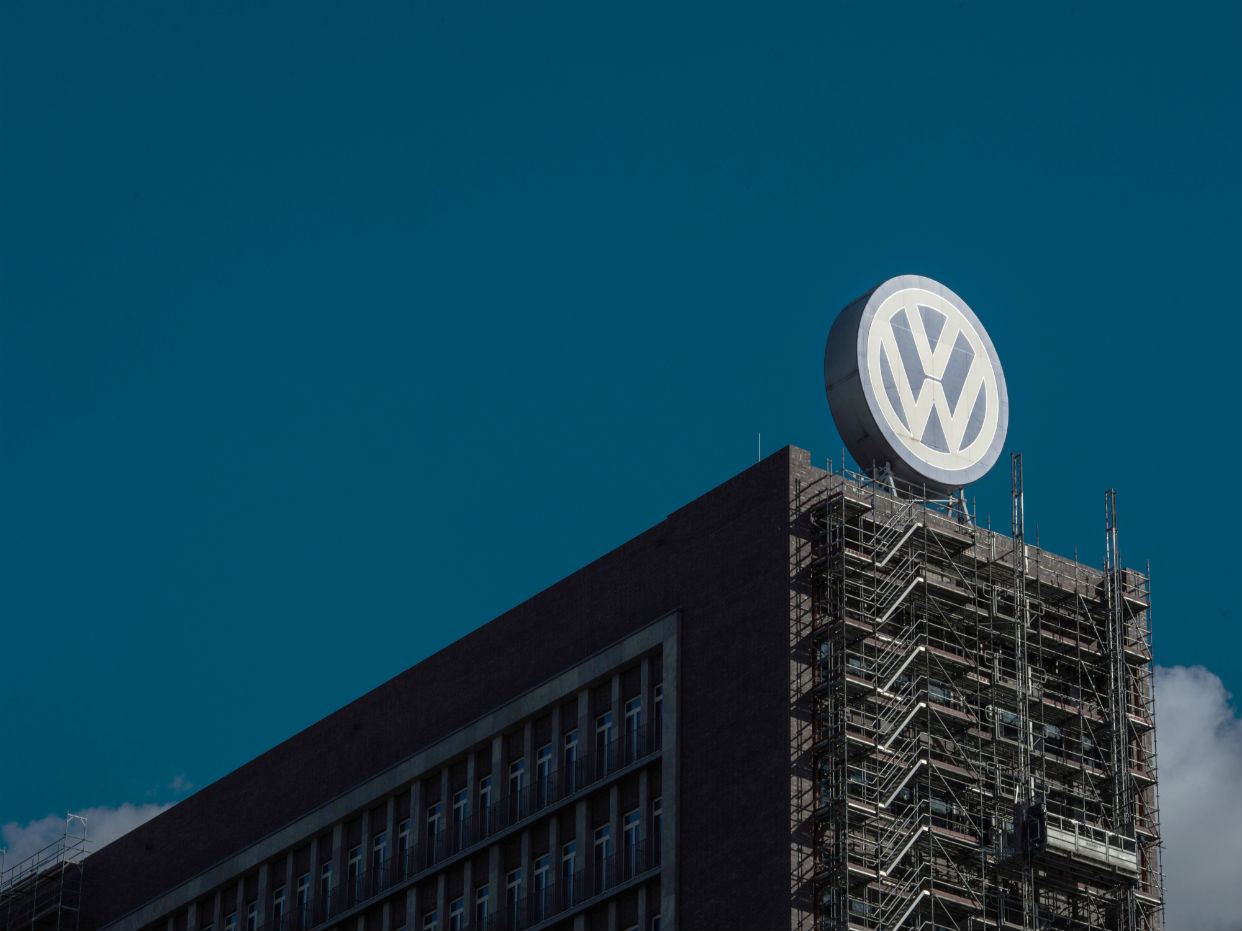The legacy of the Volkswagen emissions scandal
Many analysts are predicting the demise of diesel technology in favour of greener alternatives

These are challenging times for the car industry.
A massive global emissions scandal that has engulfed the world's largest car maker, Volkswagen, could become the industry's “Libor moment”, says Allister Heath in the Daily Telegraph.
In fact, he says, "the alleged behaviour was far, far worse even than that seen during the Libor scandal, which saw a few traders attempt to manipulate the interbank lending rate" with "roughly zero net effect on the cost of mortgages or commercial loans over time".
The Week
Escape your echo chamber. Get the facts behind the news, plus analysis from multiple perspectives.

Sign up for The Week's Free Newsletters
From our morning news briefing to a weekly Good News Newsletter, get the best of The Week delivered directly to your inbox.
From our morning news briefing to a weekly Good News Newsletter, get the best of The Week delivered directly to your inbox.
In contrast, "the VW allegations imply a deliberate and coordinated attempt by the car maker to con the authorities on a massive scale and, in theory, to sell cars that did not meet environmental standards".
Given estimates quoted by the BBC that in Britain alone 29,000 people die a year from issues related to air pollution, the effects of the scandal will be felt for years to come.
Where are we now?
After a year-long wrangle with regulators, VW admitted just over three weeks' ago that it had cheated on diesel emissions tests. Some 11 million cars were fitted with "defeat devices" that would lower emissions during test conditions, but prioritise performance in real driving.
Actual emissions could have been as much as 40 times higher than the levels quoted to drivers, who were told they were buying cars that were both environmentally beneficial and high performance. All the cars will be recalled and fixed at huge expense – and the company is facing billions of pounds in fines and litigations.
But the issue has wider repercussions. The Independent notes that cars from brands such as Nissan, Renault and Volvo, among others, are also emitting considerably higher levels of pollutants than those allowed under tests coming in next year.
Indeed, it is widely accepted that the "real-world" emissions of diesel passenger cars are substantially higher than the certified limit.
Legacy
One outcome of the Volkswagen scandal is that the European testing regime is now being heavily scrutinised – and this will probably result in a major overhaul. But that's just a starting point. More broadly, many experts are starting to believe that the focus on greater transparency will kill off diesel engines altogether.
The technology was trumpeted – and heavily incentivised – in Europe as it does not produce climate change-contributing carbon dioxide. But the nitrogen oxide particulates it produces instead are now thought to be the reason that the continent has some of the dirtiest air in the world.
Reuters reports that Volkswagen has already said it will redirect its investment into cleaner engines and especially electric cars, with rivals likely to follow suit.
"The Volkswagen scandal should help [make] it clear that the high-performance, low-emissions, low-polluting affordable diesel car was always an illusion," says the New Yorker."In the long run, Volkswagen's efforts to make diesel a mainstream technology in the United States could end up making it an outcast technology everywhere else – and that may be, ironically, [its] greatest legacy."
For information on investments, please click here
A free daily email with the biggest news stories of the day – and the best features from TheWeek.com
-
 ‘Those rights don’t exist to protect criminals’
‘Those rights don’t exist to protect criminals’Instant Opinion Opinion, comment and editorials of the day
-
 Key Bangladesh election returns old guard to power
Key Bangladesh election returns old guard to powerSpeed Read The Bangladesh Nationalist Party claimed a decisive victory
-
 Judge blocks Hegseth from punishing Kelly over video
Judge blocks Hegseth from punishing Kelly over videoSpeed Read Defense Secretary Pete Hegseth pushed for the senator to be demoted over a video in which he reminds military officials they should refuse illegal orders